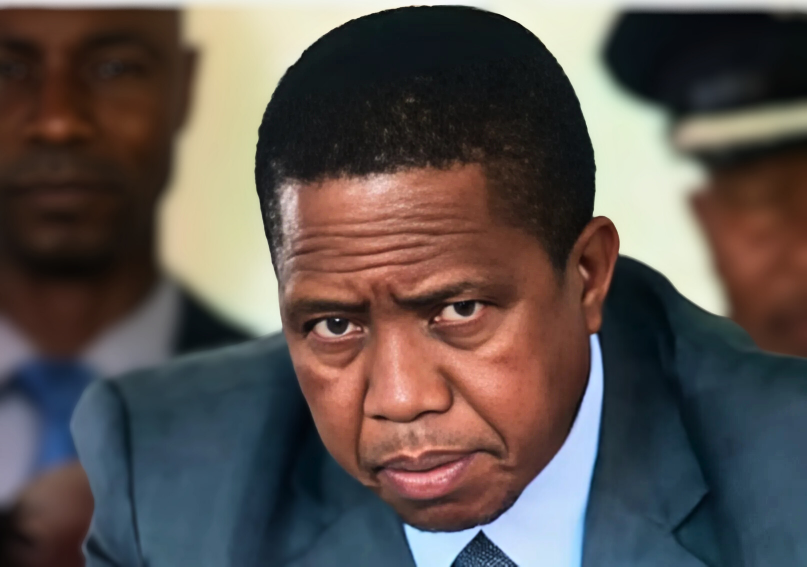Pretoria Court Orders Release of Edgar Lungu’s Remains to Zambia Amid Family Opposition
By Brian Matambo, Sandton, South Africa
The Pretoria High Court has ordered the immediate release of former Zambian President Edgar Chagwa Lungu’s remains to the Zambian government, rejecting a bid by his widow and children to bury him in South Africa in accordance with their wishes.
In a ruling delivered Friday, the court found that a binding agreement had been reached between the family and the state to repatriate the late leader’s body to Lusaka for a state funeral and burial at Embassy Park, Zambia’s official presidential cemetery. The court invoked the legal doctrine pacta sunt servanda, which means agreements must be kept, and dismissed the family’s argument that the deal was invalid due to misrepresentation.
Family supporters allege the outcome was tainted by political interference. According to sources close to the matter, Robert Chabinga, a political operative with close ties to the ruling administration, received 12 missed calls from President Hakainde Hichilema and 20 missed calls from the Director General of Intelligence in the days leading up to the ruling. In an audio recording, Chabinga is heard telling Cabinet Minister Doreen Mwamba that he was on assignment to bribe the South African judge as instructed by the president. The same sources claim this mission was carried out successfully.
Critics argue that the court has gone against South African legal precedent and its own family law, delivering a verdict that strips the widow of her rights in deciding her husband’s final resting place. “This is an unfair and politically motivated punishment that subjects Mrs. Lungu to unnecessary pain,” said one family ally outside court.
Lungu, who died in Johannesburg on June 5 while undergoing medical treatment, was the sixth president of Zambia and remains a polarising figure in the nation’s politics. The government moved quickly after his death to announce full military honors and an official burial in Lusaka. But on June 18, the day set for repatriation, the family refused to proceed, citing personal and security concerns, and declared their intention to hold a private burial in South Africa.
From the family’s standpoint, the dispute was not merely about protocol but about dignity, safety, and autonomy. They argued that the state should have pursued dialogue rather than litigation, warning that the politicisation of Lungu’s death risked deepening national divisions. President Hakainde Hichilema has not visited the funeral house or called former First Lady Esther Lungu since the president’s passing, a silence the family and supporters see as emblematic of strained relations and a lack of genuine reconciliation.
Under Friday’s order, the late president’s body is to be handed over to Zambian officials immediately, in the presence of his personal physician and two family members, who are authorised to accompany the remains. The family has not yet indicated whether they will appeal.
For Lungu’s supporters, the ruling is a fresh reminder of the lengths to which the state will go to assert control over his legacy, even at the expense of family wishes. For them, it is a story not just about a burial but about the deep entanglement of power, law, and grief.


Deprecated: ltrim(): Passing null to parameter #1 ($string) of type string is deprecated in /home/incentivize/public_html/wp-includes/formatting.php on line 4496